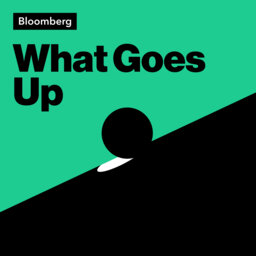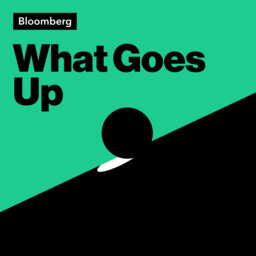Better Days Ahead?
Investors have a lot to worry about: Russia’s war on Ukraine, inflation, Covid-19 and China’s lockdowns reigniting supply-chain woes— the list goes on. As a result, many money managers have ratcheted down their expectations for stock returns this year.
But what if fears of a possible U.S. recession are overblown, and the second half turns out better than expected? Given still-strong earnings from corporate America, things may not end up as bad as some are predicting. Sylvia Jablonski, chief executive and co-founder of Defiance ETFs, joins this week’s episode of What Goes Up to talk about a potentially rosier future.
In 1 playlist(s)
What Goes Up
Hosts Mike Regan and Vildana Hajric are joined each week by expert guests to discuss the main themes…Social links
Follow podcast
Recent clips

Listen Now: Beak Capitalism from Odd Lots
00:59

Elon, Inc: Elon Musk Bingo on Tesla’s Earnings Call
27:39

Introducing: Bloomberg News Now
00:51
 What Goes Up
What Goes Up